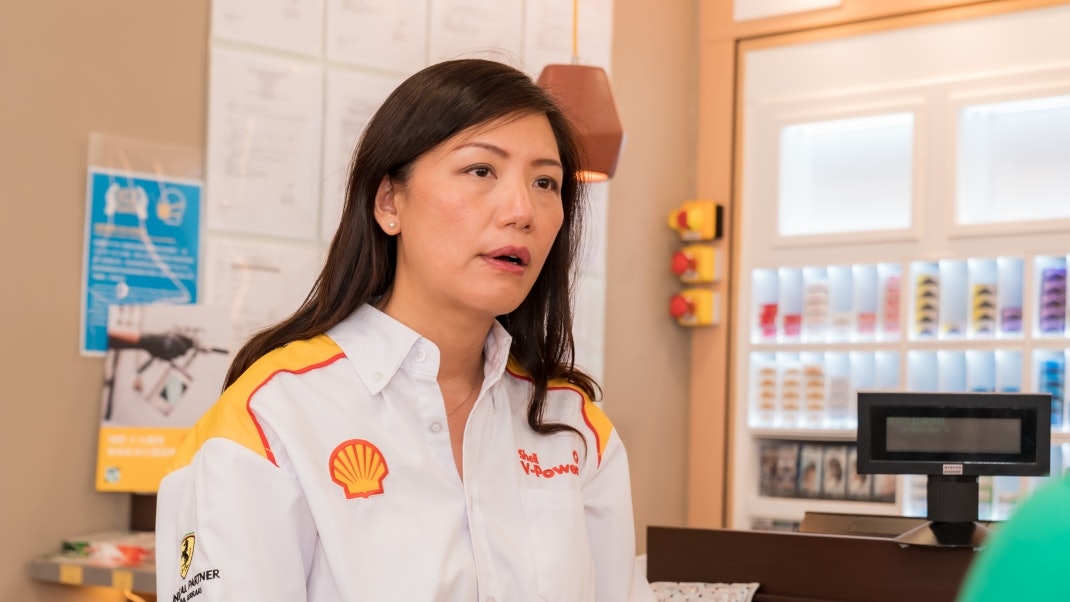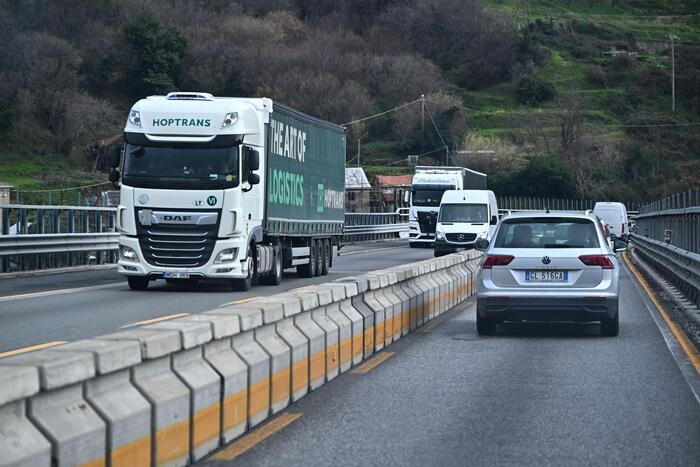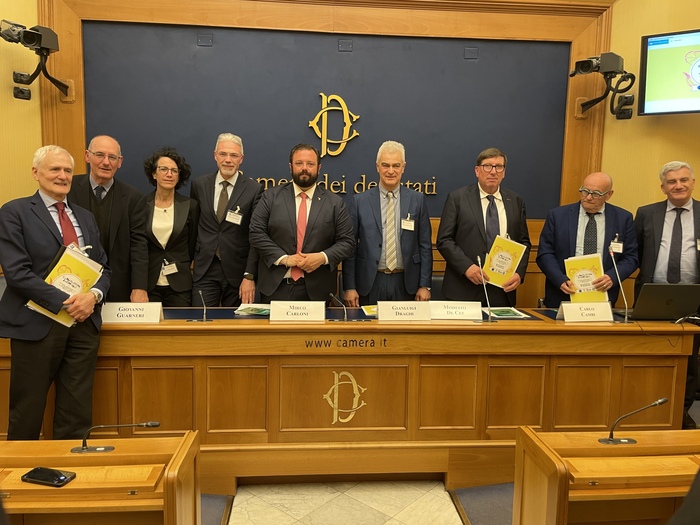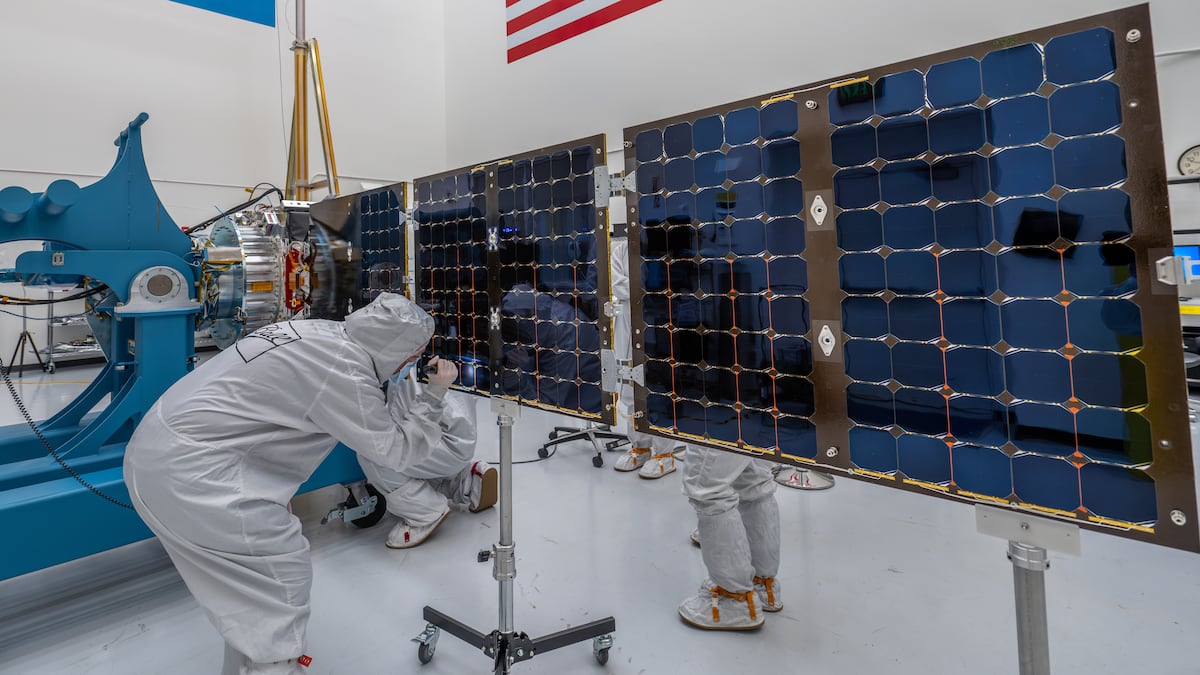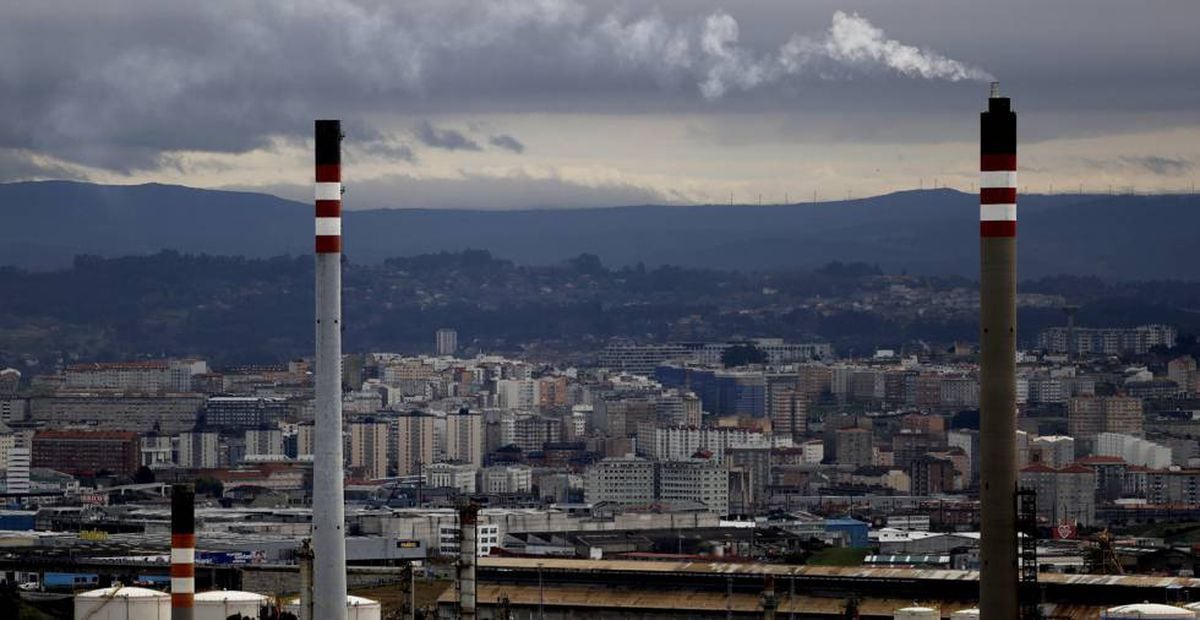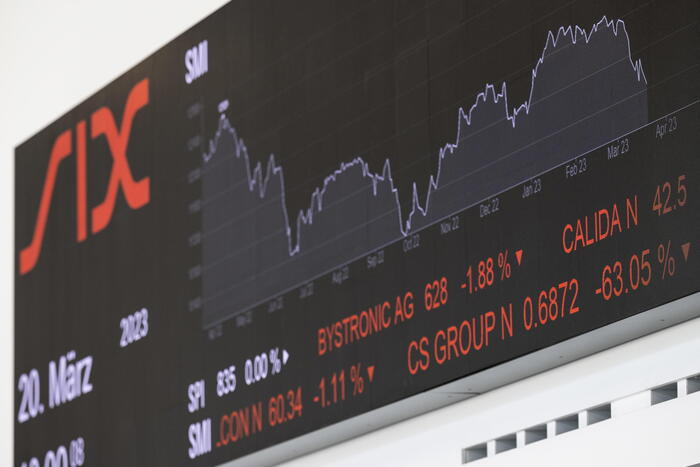Special interview
Written by: Kwong Yueting
2020-09-14 07:30
Last update date: 2020-09-14 07:30
The epidemic has hit the world, and petroleum companies have also been "affected." Yu Jingwen, general manager of Hong Kong Shell's retail business, said in an exclusive interview with "Hong Kong 01" that the company's direction is fuel retail. The business impact during the period was quite significant, but at this stage the most significant The important thing is to do a good job in the industry and meet the needs of customers. The company will increase the development of mobile retail in the future. In terms of fuel, low-carbon emission business is the next focus.
Facing the "epidemic situation," Yu Jingwen said optimistically: "I am confident that Hong Kong can meet this challenge. As long as everyone works together, the epidemic will pass one day!"
Hong Kong Shell is the operating company of Royal Dutch Shell. It had started business in Hong Kong more than a century ago. Its deactivated North Point oil depot was built in 1897.
When I mentioned Shell, I naturally think of gas stations everywhere.
Shell currently has 41 petrol stations in Hong Kong and employs more than 200 employees.
Under the epidemic, citizens have reduced their outings and companies have allowed employees to work at home. This has caused a downturn in the transportation business, and oil companies are inevitably affected.
Cooperation with online shopping platforms
Yu Jingwen admitted that the epidemic has had a significant impact on the company's business, but the most important thing is to ensure the company's sustainable operation and meet the needs of guests and business partners.
The company has strengthened the cleaning of petrol stations, and expanded the types of car beauty and disinfection services. The types and inventory of disinfection supplies in petrol station convenience stores have also increased, so that customers feel at ease when patronizing.
Recently, Shell has cooperated with Pandamart, Foodpanda's online shopping platform for life department stores, so that citizens can order goods from petrol station convenience stores on the platform.
She said: "You can buy oolong tea, energy drinks, soft drinks and bottled water in boxes at convenience stores at petrol stations. The price is lower than that of bulk purchases!"
The epidemic caused Shell to pay attention to digital development. During the period, customers tended to book car services online. The utilization rate of this service increased from 9% in the same period last year to 30% this year. The company also developed mobile programs for frontline staff training. .
"At this stage, Lei said, it seems too early to say that our Hong Kong petrol stations use machinery to replace the filling process or open unmanned petrol stations, but the company will actively research and implement more automated or digital services, not only software development will be involved. , And will cooperate with more companies to keep up with the times to provide customers with different services." Yu Jingwen said.
Shell sells beverages, beer, snacks, cup noodles, ice cream, medicines, condoms and other commodities in Pandamart.
(webpage Screenshot)
Aiming to achieve 100% net zero emissions with customers by 2050
Online retail business needs to "make a big pie," and developing low-carbon emissions business is another focus of the company.
Yu Jingwen revealed that Shell’s goal is to reduce the carbon intensity of energy products sold by about 65% by 2050, and cooperate with other methods such as planting trees to offset carbon dioxide, storing carbon dioxide in large underground storage tanks, etc., and cooperate with customers to achieve 100% net zero emissions.
To achieve this long-term goal, the company set a three-year short-term plan in 2019: to reduce its net carbon footprint by 2 to 3% by 2021.
If calculated on the basis of energy consumption per million joules, the net carbon footprint of Shell energy products in 2019 is 78 grams of carbon dioxide, which has been reduced by more than 1% from 79 grams in 2018.
"Shell will continue to sell the oil and natural gas needed by society, while increasing the proportion of low-carbon energy products, reducing the carbon intensity of energy products, and working with society towards the goals of the Paris Agreement."
At present, Shell invests US$1 to US$2 billion each year in new energy projects, including the development of renewable energy (clean natural gas, solar and wind energy), low-carbon fuels (biofuel and hydrogen fuel) and the installation of electric vehicle charging stations.
Yu Jingwen believes that with the increasing popularity of electric vehicles, the demand for oil has slowed down slightly. However, as the global population continues to increase and people's living standards rise, energy demand will only increase unabated. In the coming decades, natural gas and oil will still be ships and aircraft And the main fuel for heavy vehicles.
Therefore, the company invests in advanced biofuels. In Hong Kong, Shell is the first and only supplier to sell biodiesel at retail petrol stations. The company also formulates a "CO2 compensation plan" for the fleet of commercial customers to plant trees to offset carbon emissions. A participating company offset 7.7 million kilograms of carbon emissions in the first year, which is equivalent to the carbon emissions of a person traveling back and forth to Hong Kong and Beijing 24,500 times.
Yu Jingwen said that the company attaches great importance to a sustainable energy structure and hopes to achieve 100% net zero emissions with customers by 2050.
(Respondents provide pictures)
Biodiesel reduces carbon dioxide emissions by 50 tons per year
I believe that many people have never heard of biodiesel. In fact, this is diesel oil refined from vegetable oil (for example: rapeseed, soybean) or animal oil instead of fossil crude oil.
At present, oil companies generally mix pure biodiesel with traditional diesel as biodiesel. Hong Kong uses B5 diesel, which is a mixture of 5% biodiesel and 95% diesel. In the United States, 20% biodiesel and 80% diesel are popular. Blended B20 diesel.
According to Yu Jingwen, based on previous tests conducted by Shell and assuming the use of 333,000 liters of diesel per year, compared with traditional ordinary diesel, biodiesel emits 50 tons of carbon dioxide less than traditional ordinary diesel when burned each year, and Shell FuelSave saves energy. The oil-based biodiesel B5 can reduce emissions by 80 tons per year, which is equivalent to the amount of carbon dioxide that 3,300 trees can absorb in a year.
She believes that society is paying more and more attention to climate issues, and many companies will formulate sustainable development plans. By then, the public can deepen their understanding of the characteristics and benefits of biodiesel and increase the acceptance of biodiesel.
Biodiesel is not yet popular in Hong Kong, but Shell’s recycling network can already produce enough B100 to meet Hong Kong’s consumption.
(Respondents provide pictures)
Adjust manpower according to company needs
BP and ExxonMobil have announced layoff plans in recent months. Will the company consider layoffs?
Yu Jingwen pointed out that Shell has always adjusted its manpower in response to customer needs and company needs. The company hopes that during the epidemic, it can also develop different customer services. For example, in August, it launched a series of Bluetooth remote control racing products for customers to redeem.
The group will increase its investment in the Hong Kong market. "Whenever there is an opportunity, we will grasp the opportunity to expand the Hong Kong petrol station network. The company will open the Pokfulam petrol station in early June."
International oil prices fell into a negative figure for an unprecedented time in April, but there was not much change in local oil prices.
Yu Jingwen explained that Hong Kong's auto fuel is mainly imported, and it is more appropriate to use Singapore's FOB fuel price as a reference for cost calculation, while London Brent and New York futures prices are not applicable to the local fuel market.
Other factors affecting local oil prices include: fuel tax, gas station rent, labor costs, and other operating costs. However, the company will continue to introduce member gas discount programs, and provide car, convenience store service discounts and additional rebates to maintain competition force.
OPEC+ expects recovery in oil demand to reduce production
Russian oil company Rosneft adjusts its oil trading business structure
Shell (shell) oil

